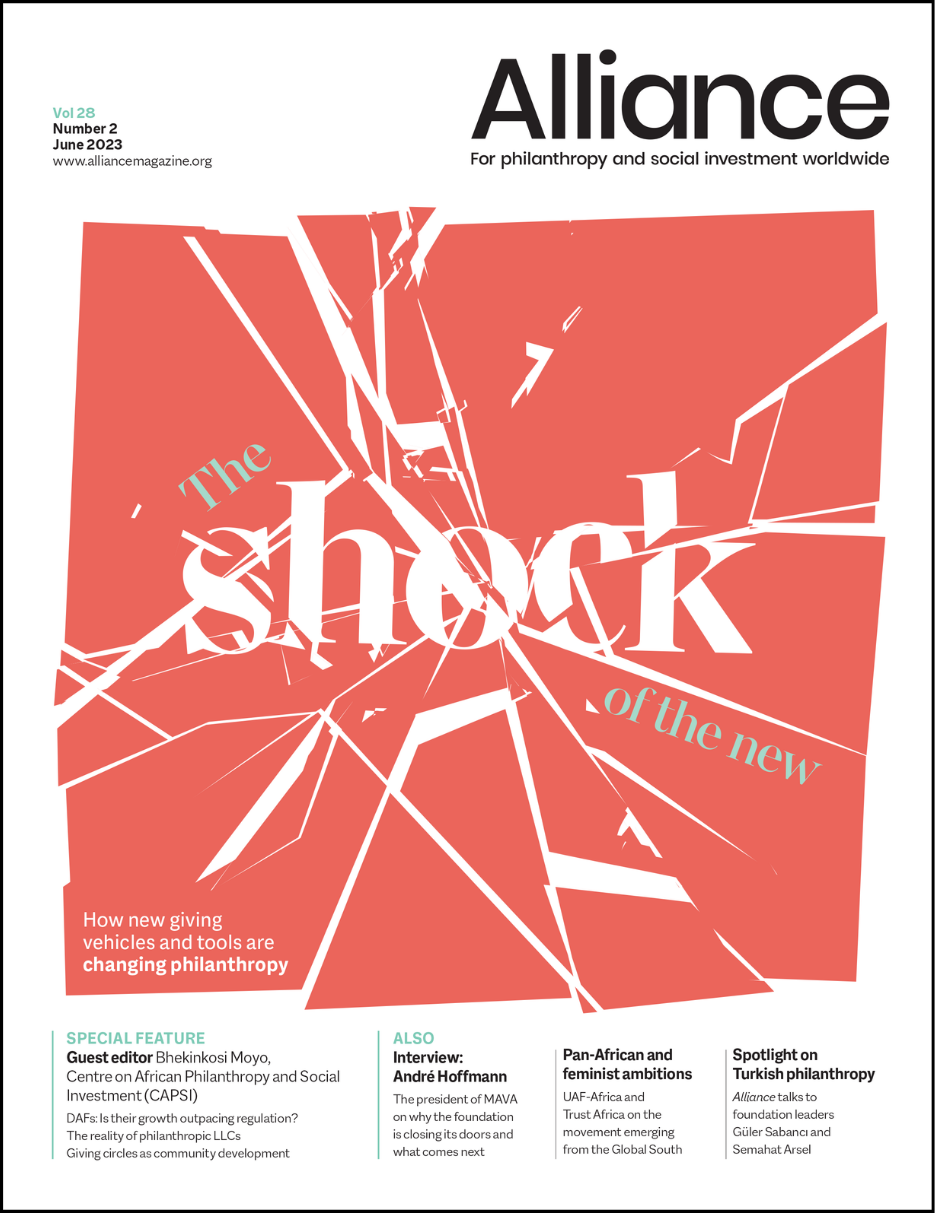Philanthropic LLCs often get a bad press, but a demand-side view suggests they’ve got a lot to offer
A number of recent publications have been critical of new models of philanthropy, particularly donor advised funds (DAFs), limited liability companies (LLCs) and corporations that are developing to address social needs. The general view is that these innovations are suspect, even dangerous to society and democracy and the motive for choosing them is to avoid government regulation and oversight. For me, as a resource mobilisation practitioner, the tone of this conversation is problematic.
The current critique of LLCs specifically and philanthropic innovations more generally is biased towards supply-side considerations. This perpetuates an abstracted, technocratic view of philanthropy when it is so much more.
First, it focuses exclusively on extrinsic political and regulatory considerations, especially tax implications. It ignores the intrinsic motivations of the donor-philanthropist, and what drives them to give their resources in the pursuit of charitable and social goals. The common criticism is that the legal structure of an LLC involves looser regulatory oversight than, say, that of a foundation, so they are less accountable, leading to the conclusion that their founders are driven primarily by the pursuit of self-interested privacy. Little is said about the fact that LLCs are less advantageous from a tax perspective than other giving mechanisms, especially DAFs.
Subscribe now from only £45 a year!
This article is only available for our subscribers
Existing users can login here



